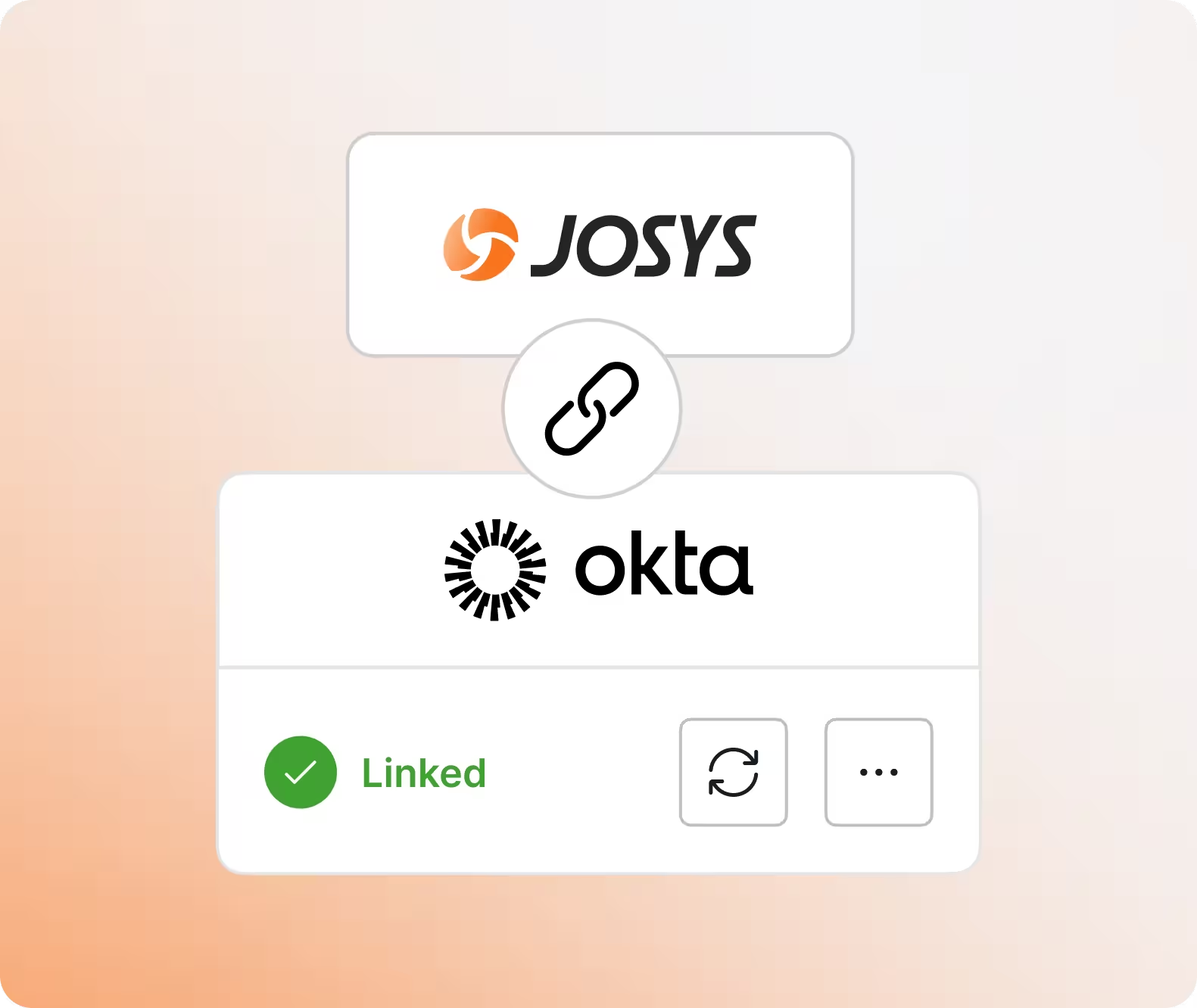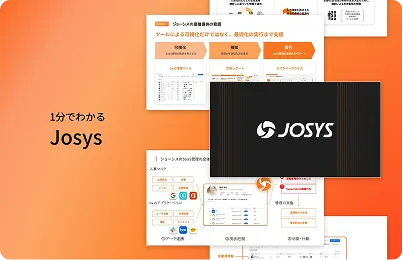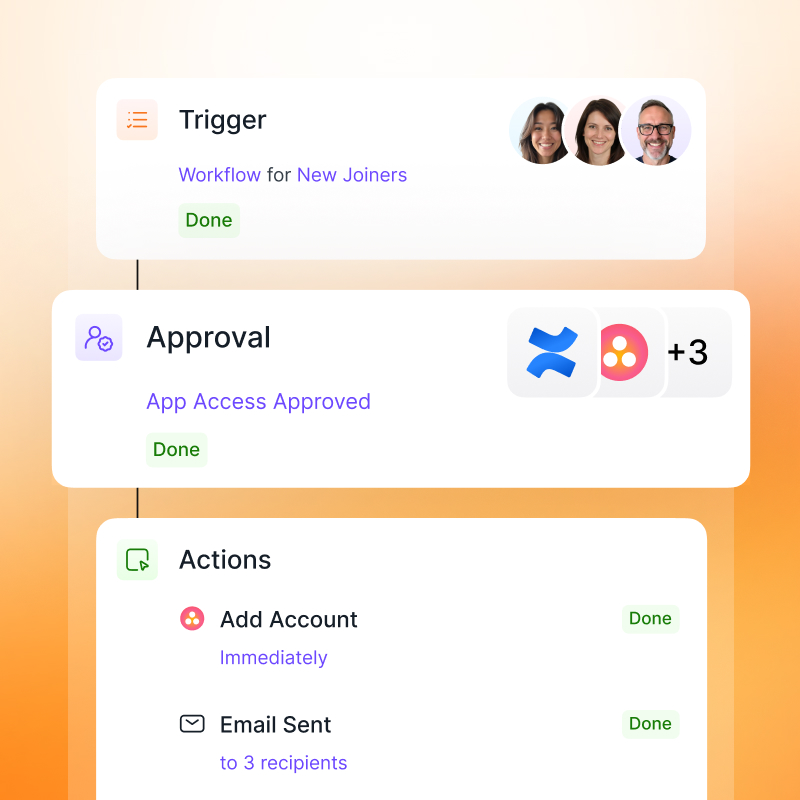How to Conduct a SaaS Security Audit
Join hundreds of companies and start your identity governance journey today

80% of workers use SaaS apps without IT approval. That means sensitive data could be unsecured or exposed in unmanaged tools. One bad actor or hacker could put your data at risk.
Conducting SaaS security audits help lock things down. It can identify risks, secure access, and ensure compliance. This guide will show you how to audit your SaaS stack fast—and do it right.
What is a SaaS Security Audit?
A SaaS security audit checks your cloud apps for vulnerabilities, compliance gaps, and access risks. It looks at encryption, user permissions, and security policies.
Skipping this? Bad idea. It leads to data breaches, legal trouble, and insider threats. If you handle customer data, compliance failures can cost millions in fines.A tool like Josys makes access audits easy. It tracks all SaaS apps, manages access controls, and spots security gaps before they become disasters.
How to Conduct a SaaS Security Audit
Find Every SaaS App in Use
You can’t secure what you don’t know exists. Employees sign up for SaaS apps all the time without IT approval. That’s shadow IT—and it’s a security nightmare. Audit your entire SaaS stack, cut apps you don’t need, and secure the ones you use. Visibility is power.
Check Security & Compliance
Not all SaaS providers protect your data. Some use weak encryption or lack proper backup policies. Your business could be at risk if they don’t comply with GDPR, HIPAA, or SOC 2.
Vet each provider. Do they encrypt data? Have strong backup policies? Meet compliance standards? If not, reconsider using them.
Review & Enforce Access Permissions
To maintain security and efficiency, IT must have full visibility into who has access to their SaaS stack and data, along with their permission levels. An excess of privileged or admin users can pose serious risks, making it crucial to minimize unnecessary access. Additionally, access for contractors and former employees should be promptly revoked at the end of their tenure.
Regular audits of access permissions, combined with user feedback surveys, help IT teams better understand user needs while strengthening security. Implement least privilege access, enforce MFA, and eliminate redundant licenses. With Josys, IT gains the insights needed to take decisive action—optimizing access, reducing waste, and enhancing security.
Secure Your Data
Your data is only as safe as the SaaS apps holding it. Are they encrypting everything? Are backups happening regularly? What happens if a provider gets hacked?
If a SaaS app lacks solid security, either fix it or ditch it.
Automate Security Monitoring
Security isn’t a one-time thing. Threats pop up daily. You need real-time monitoring.
Josys automates SaaS security. It tracks access, flags suspicious activity, and enforces security rules—all without manual effort.
Sustaining a Strong SaaS Security Posture
Security isn’t a one-time fix. SaaS environments change constantly, and without regular checks, risks pile up. Staying secure means making security an ongoing process.
Conduct Regular SaaS Security Audits
Security gaps appear over time. Employees come and go, new apps get added, and threats evolve. A quarterly or biannual SaaS audit keeps security tight. It checks app usage, access controls, compliance, and any new vulnerabilities. Skipping audits leads to orphaned accounts, weak access controls, and security blind spots.
Automate User Provisioning and Deprovisioning
Manually managing user access is slow and risky. Employees who leave or change roles often keep access they don’t need. Automating provisioning and deprovisioning ensures access is granted when needed and revoked immediately when it’s not. This reduces the risk of forgotten accounts, insider threats, and unauthorized data exposure.
Use a Centralized SaaS Security Platform
Managing SaaS security across multiple apps is chaotic. A centralized SaaS access management platform like Josys brings everything into one place. It monitors access, automates security policies, and ensures compliance—so security is consistent, effortless, and always up to date.
How Josys Strengthens SaaS Security & Compliance
Josys makes SaaS security simple and automated. Here’s how:
- Full visibility into all SaaS applications and user access to eliminate shadow IT.
- Automated access management to enforce least privilege and MFA policies.
- Real-time risk detection and compliance monitoring to catch threats before they become breaches.
- Simplified reporting for security audits and regulatory compliance so you’re always prepared.
Conclusion
If you’re not auditing your SaaS security, you’re exposed to data breaches, compliance failures, and insider threats. Security gaps go unnoticed without regular checks, putting your business at risk.
Want to ensure your SaaS environment is secure and compliant? Schedule a demo today to see how Josys can help you take control of your SaaS security audit.
over your identities, applications, and files?
Sign-up for a 14-day free trial and transform your IT operations.





















